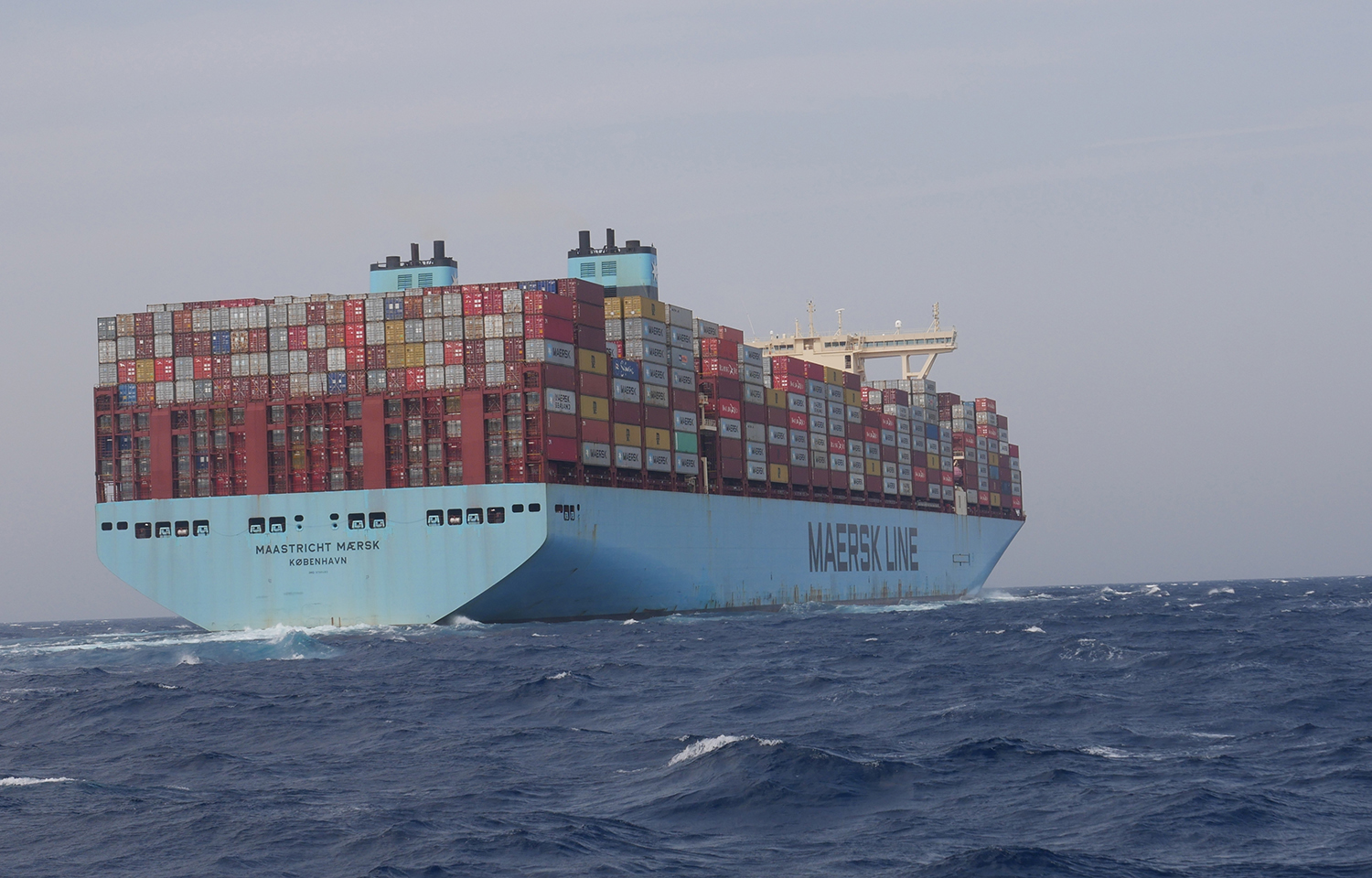Copenhagen, Denmark-based shipping giant Maersk has paused all transit through the Red Sea, declaring it too dangerous following continuous attacks from the Houthi militia group in late 2023.
In early December, a Maersk vessel was attacked in the Red Sea by the Houthi militia, who claim to be caryying out these attacks in response to Israel's response to Hamas following the latter group's offensive into Israel on 7 October. This attack on a Maersk ship was followed closely by a Hapag-Lloyd ship experiencing an attack near Yemen on 15 December, ShareCast reported.
Maersk plans to reroute carriers south of Africa, causing major delays to transit for the time being. Hapag-Lloyd also said it will halt shipping through the Red Sea until at least mid-January.
"We monitor the situation closely day by day but will continue to reroute our vessels until 9 January," Hapag-Lloyd said.
Maersk added that the situation continues to evolve, remaining volatile at the moment.
“We have, therefore, decided that all Maersk vessels due to transit the Red Sea/Gulf of Aden will be diverted south around the Cape of Good Hope for the foreseeable future,” Maersk said in a release.
The Institute of Grocery Distribution (IGD) warned that the attacks on the Red Sea will result in “inevitable” additional costs to U.K. food companies and pose a threat of inflation, the Grocer reports.
“A large part of global container and energy trade goes via the Suez Canal,” the IGD said in a report. “Longer journey times or increased risks would likely be paid for by shoppers at some point, creating inflationary effects. This is bound to have some impact on the U.K. economy and consumers although probably quite unclear and hard to measure, occurring over multiple categories.”
Nevertheless, in December, global transportation capacity increased with a decline in prices, FreightWaves reported.
“Fuel prices were one of the major drivers of supply-based inflation over the last two years; a decrease in costs would continue to push inflation down and help to revive the freight sector in 2024,” FreightWaves said in its report.
Photo courtesy of David G40/Shutterstock







